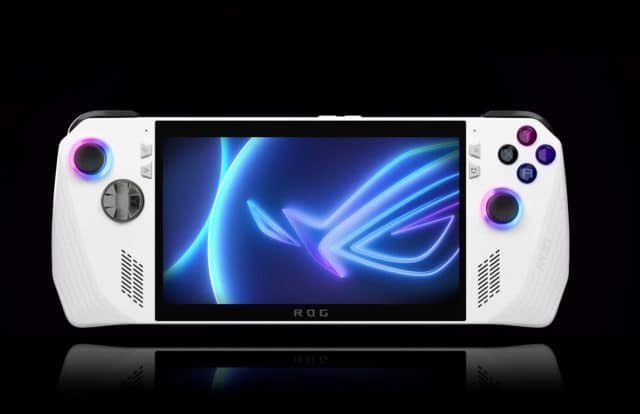Are Windows gaming handheld devices the next big thing?

When you think about gaming on a handheld device that is running Windows, Steam Deck may be the first device that comes to your mind. It is developed by Valve, maker of Steam, and optimized for running Steam games.
It is available in three different versions and costs between $400 to $700, based on the selected version. The main difference is storage, with the two higher priced versions using NVMe SSDs and the entry level version eMMC.
The Windows handheld gaming market is not as niche as one might assume. Companies, mostly from China, such as Anbernic, GPD, One XPlayer or AYA have created numerous devices for gaming on Windows.
Take the AYANEO NEXT Advance as an example. It features an AMD Ryzen 7 5800U processor, an AMD Radeon Vega 8 graphics adapter, 16GB of LPDDR4x RAM, a 2TB M.2 hard drive, a 7-inch IPS LCD display, Wi-Fi 6, Bluetooth 5.2, a 4100 mAh battery and a Windows operating system.
These devices come at a cost though. It is more powerful than the Steam Deck, but costs more than $1300 in retail.
Not all of the devices are as expensive. The Anbernic Win600 is available in several configurations. The most expensive one costs less than $450 at the time of writing. It is powered by an AMD Athlon Silver 3050e chip and an AMD Radeon RX Vega 3 graphics adapter. The top of the line mode has 16 GB of DDR4 RAM and a 1 TB M.2 SATA drive.
It is a less capable device, but still capable of running older games, games that require less power, or emulators.
ASUS is about to enter the Windows handheld gaming niche with its Rog Ally gaming handheld. Not all details are clear about it, only that it will be more powerful than Valve’s Steam Deck and that it won’t be limited in regards to what can be run on the device.
Valve’s device ships with a special version of Steam and is therefore limited to running Steam games, at least by default. ASUS’ device can run any game Store or standalone game that is available for Windows, provided that it supports Windows 11.
There has also been talk about a Handheld Mode for Gaming for Windows 11, but this was based on a hackathon project held by Microsoft in September 2022. It is unclear at this point if the project has been picked up or not.
Manufacturers like ASUS do not have access to an optimized version of Windows for handheld gaming. This puts them at a disadvantage compared to Valve.
Image Credit: ASUS ROG Ally
'Are Windows gaming handheld devices the next big thing?' first appeared in Weekly Tech Insights, a free weekly newsletter that you can sign up to here.
